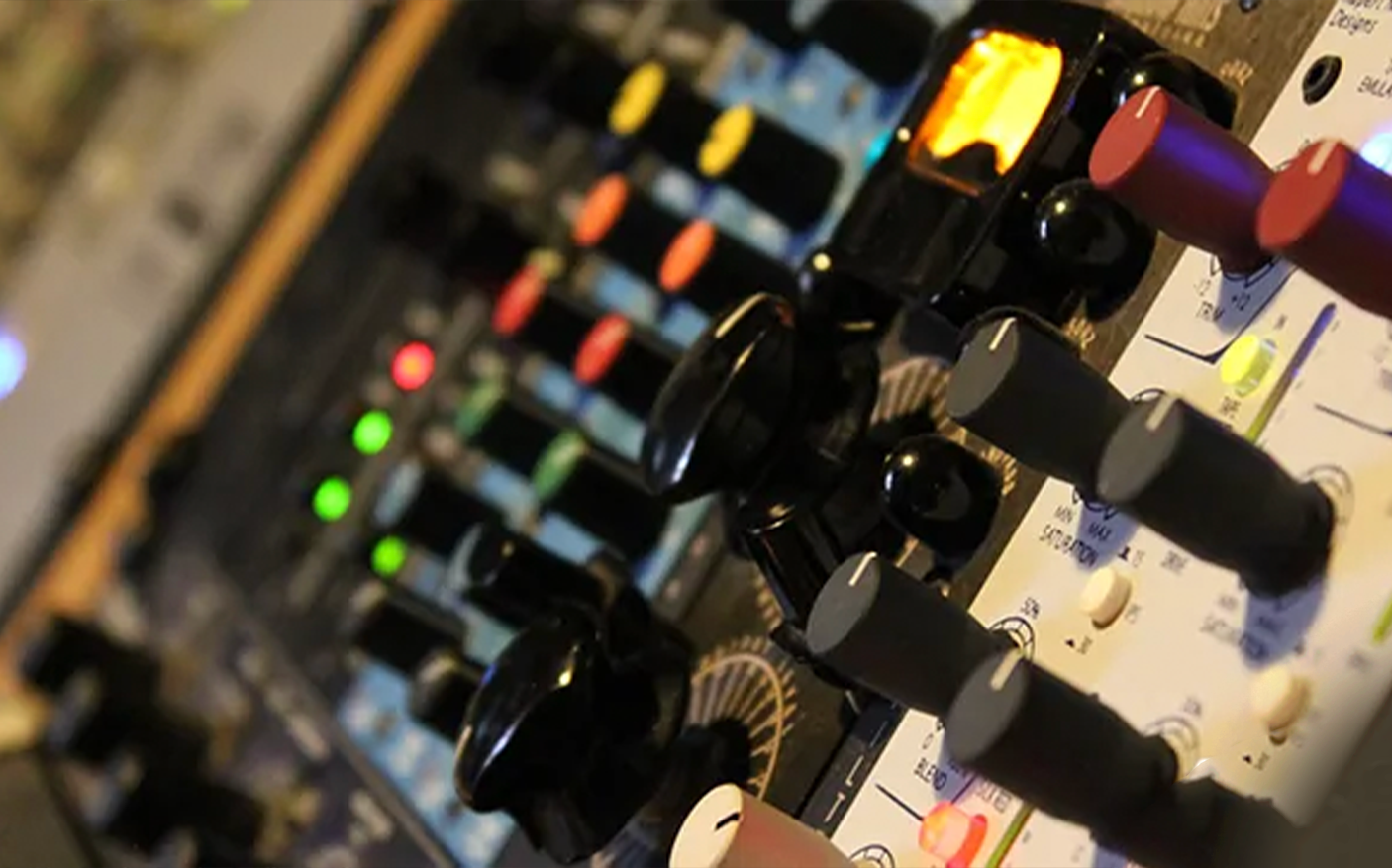The simple answer to this is yes, and yes for many reasons. Over the many years I have been working as a mastering engineer I have had countless amounts of artists come back to me 6 months later asking if they can get an instrumental version of their track. Always make sure you get the instrumental and any alternate versions mastered at the time of the full mix. Below is a list of 10 reasons why this is a good idea.
1. It is free. The reason for alt versions and instrumentals being free is because 99 times out of 100 they will run through the exact same mastering chain as the full vocal mix. Thus meaning there is no extra work required from the mastering engineer, only an additional waiting period for the master to record each version.
2. By having your alt versions and instrumental mastered at the same time you are making sure that the instrumental sounds exactly as the full vocal mix sounds minus the vocals.
3. Dj’s sometimes prefer an instrumental version to play out. This may be an instrumental version or an alt version which has the verses removed.
4. Performances. Even if right now you and the artist are not performing the track out live on stage there is no reason you won’t be doing so in the near future. A mastered instrumental or PA edit will be required to do so. PA edits come in many forms. Some vocalists like the vocals dropped in the mix by 10 or so db while some vocalists like to just sing over the instrumental. Some like to leave harmonies in the mix and some like to just leave adlibs in. Consult your vocalist before printing the mixes to find out what they prefer. To be on the safe side always get the instrumental mastered.
5. Sync deals and other tv and film placements. I have personally experienced this dilemma. You finish a track, you give it to the publisher, you get the tv placement and the company want a version without the vocals in it. If you haven’t prepared for this you may be required to go back into the session and print an instrumental version. These deadlines are often, we need it yesterday. So then sending the mix off to a mastering engineer may take some time or you may have ask the engineer to work with the track ASAP as you have a deadline. Generally if this is a few months after the original master was done a new master may be required which is usually charged.
6. Alternate version such as 1 minute 30 second versions and versions without drums are also good to have if you are looking to publish your music to tv and film. As long as these versions follow the exact same mix as the original track you will only be charged once.
7. Just because you have a vocal version this does not necessarily mean that it will be the most popular version. Often instrumental versions or version that only have the chorus in do better in sales charts due to dj’s playing these version out more than the vocal version. This is mainly due to these versions being more dj friendly and easier to mix.
8. Dj versions are separate versions from instrumental versions. Often with extended intros and outros ideal for dj’s to mix. A good dj will be able to use any version of the track but some would prefer a dj edit for ease of use. The easier you make it, the likely they are to play it.
9. Other revenue. Once a track is produced many artists feel their only outlet is to distribute their music to fans to buy off online music shops. Not the case at all, there are many other avenues. One that may be of interest to a few artists is to offer your instrumental track to companies that lease instrumentals to vocalists and mc’s. 9 times out 10 these companies want only the master not the mix. Something that I’ve baffled about for many years because if I was a vocalist or mc buying instrumentals I would want the mix to record vocals over.
10. At some point someone may require to hear some of your music of a certain style to judge you on your production. This could be for many reason. A possible record label signing, a collaboration with another artist.

